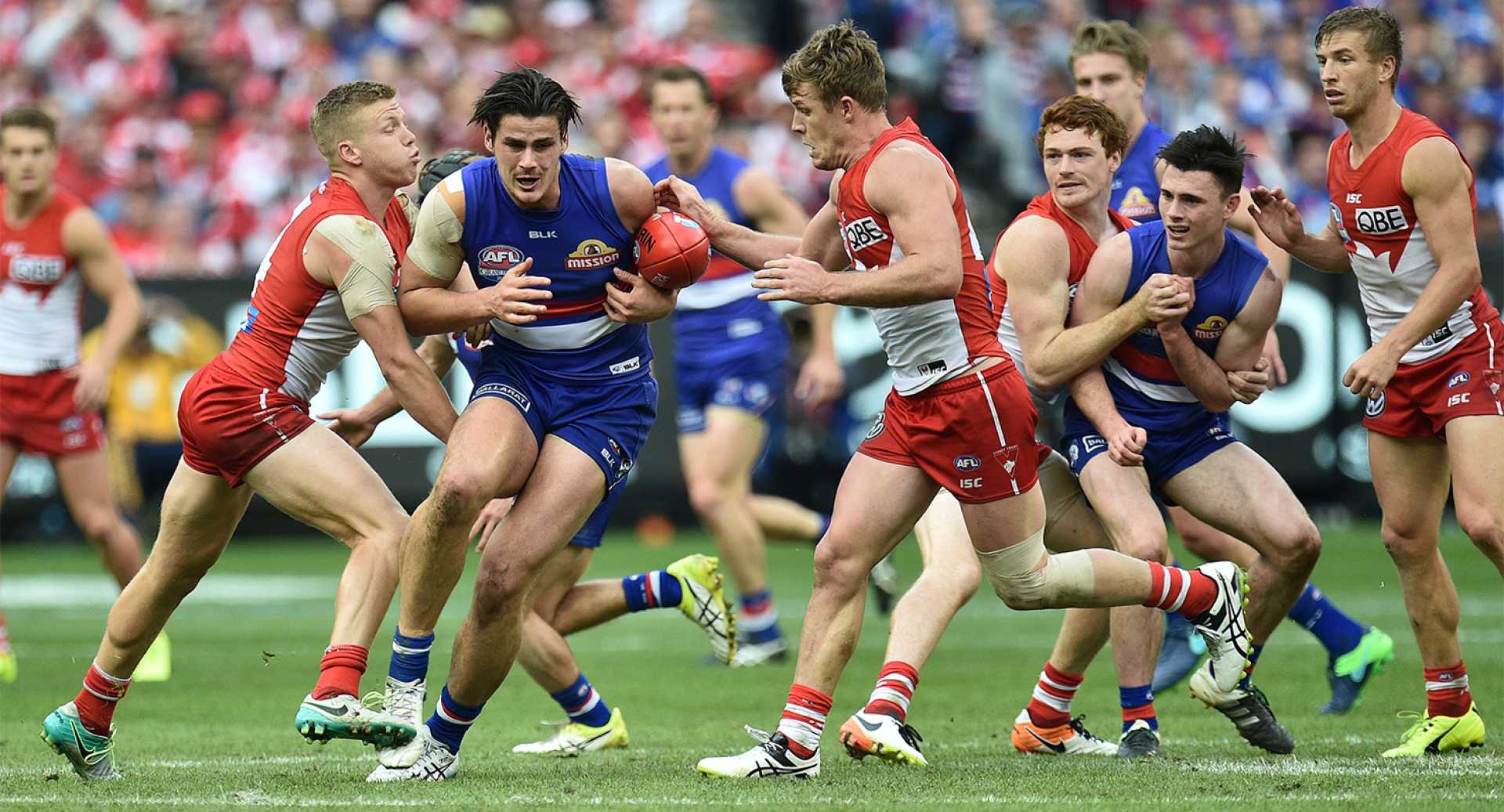Sports
Historical Upsets in the AFL Grand Final: A Detailed Review

The Brisbane Lions have defied expectations by reaching the Australian Football League (AFL) grand final against Sydney, emerging as underdogs despite a formidable journey. This marks the first time the Lions and Swans compete in a grand final – a testament to the unpredictable nature of the sport. Traditionally, teams finishing lower on the ladder, like the Lions, face a steeper challenge, emphasizing the weight of an upset with no rest week or double chances enjoyed by the top four.
One method to gauge the magnitude of a surprise victory involves sports betting odds; however, this narrative probes beyond such odds. Factors like comparative ladder positions, previous premiership hiatus, the team’s age and experience, plus records against opponents and at the venue, rank as criteria to highlight the greatest grand final upsets in history. While ladder position is prioritized for its indication of performance consistency, other elements substantially enrich the context of these unexpected triumphs.
An iconic upset was Essendon‘s 1993 victory over Carlton, dubbed the “Baby Bombers'” surprise win. Essendon, with an average age of 24 years and 105 days, underscored its youthful vigor by overcoming Carlton, whose squad was comparatively older at 25.4 years. Essendon broke the stereotype of premiership winners usually exceeding an average age of 26.2 years and games played threshold of 126.7, boasting six players with fewer than 20 AFL games.
Richmond‘s 2017 win against Adelaide stunned the AFL world, marking a historic year-long turnaround. Placed 13th in 2016, Richmond rapidly climbed to secure victory, defying Adelaide, who had previously triumphed over them in the same season. A tactical edge with swift, smaller players underscored Richmond’s success, defying all odds.
In a startling 1972 victory, Carlton’s tactical swap strategy secured their win over Richmond, frustrating opponents with rotational plays. The Blues, who fought against past defeats to Richmond, finished the match with a historic 327-point combined score.
The 1970 grand final remains a standout, with Carlton defeating Collingwood despite trailing by 44 points at halftime. Ron Barassi’s strategic adjustments catalyzed a miraculous reversal, captivating the largest ever VFL/AFL crowd.
Hawthorn‘s 2008 upset over Geelong was another unexpected result, achieved through agile tactics despite Geelong’s seasonal dominance. Poor kicking from Geelong and expert Hawthorn coaching contributed decisively to this underdog triumph.
Back in 1958, Collingwood stunned Melbourne, interrupting their dominance with what was seen as a miraculous victory, halting Melbourne’s potential streak of successive premiership wins. This marked Collingwood’s last premiership for years thereafter.
The 1998 face-off between Adelaide and North Melbourne was marked by Adelaide’s defying odds, becoming the first outside-top-four team to clinch a premiership since 1900, despite North Melbourne’s consistent season-leading performance.
One of the oldest shocks was Melbourne’s 1900 win over Fitzroy, drastically revising the VFL finals system to limit participation to the top four teams subsequently. This historical context reflects the era’s unexpected dynamics.
Fitzroy’s 1916 victory over Carlton amid wartime disruptions, finishing last on a four-team ladder, and overcoming hurdles to secure a grand final win, emphasized resilience during adverse circumstances.
Topping the list is Western Bulldogs’ monumental 2016 victory over Sydney, ending a 62-year premiership drought. Commencing finals in Perth against West Coast and triumphing through tactical grit, they ultimately seized the premiership despite lower ranking, highlighting a peak in AFL’s grand final folklore.












